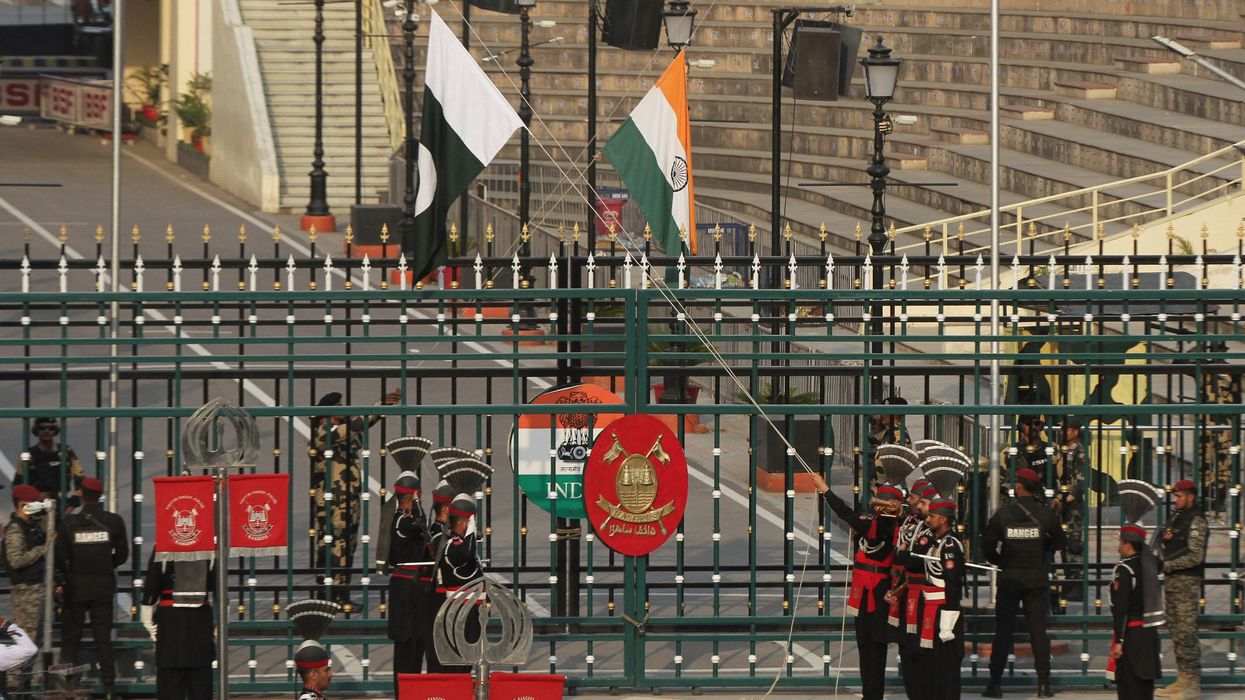INDIA will urge the Financial Action Task Force (FATF) to put Pakistan back on its “grey list” and will oppose upcoming World Bank funding to Islamabad, a senior government official in New Delhi told Reuters on Friday.
The move is part of India’s response to what it alleges are Pakistan-backed terrorist attacks, including one last month in Kashmir that killed 26 Hindu pilgrims. India has also decided to keep the Indus Waters Treaty in abeyance.
“We will not miss any opportunity in opposing Pakistan and the next one is funding by World Bank, and we will raise our protest there too,” the Indian official told Reuters.
Pakistan has denied involvement in the Kashmir attack and said India's move on the Indus Waters Treaty amounts to an act of war.
Pakistan was removed from the FATF grey list in 2022, which improved its standing with global lenders. The grey list includes countries under increased monitoring for shortcomings in their financial systems related to terrorist financing.
The Indian official said Pakistan had not met the necessary conditions for its removal from the grey list and should be re-listed.
India has also told the International Monetary Fund (IMF) that Pakistan’s arms purchases increased after it received IMF loans, according to the official.
The FATF, World Bank, and IMF did not respond to Reuters’ requests for comment.
Pakistan secured a $7 billion bailout from the IMF last year and a new $1.4 bn arrangement this month under a climate resilience programme.
At a press conference in Washington on Thursday, IMF director Julie Kozack said Pakistan had met all its targets and had made progress on reforms, which led the board to approve the programme.
Indian prime minister Narendra Modi said on Thursday that Pakistan, its army and its economy would “have to pay a heavy price for every terrorist attack.”
(With inputs from Reuters)




